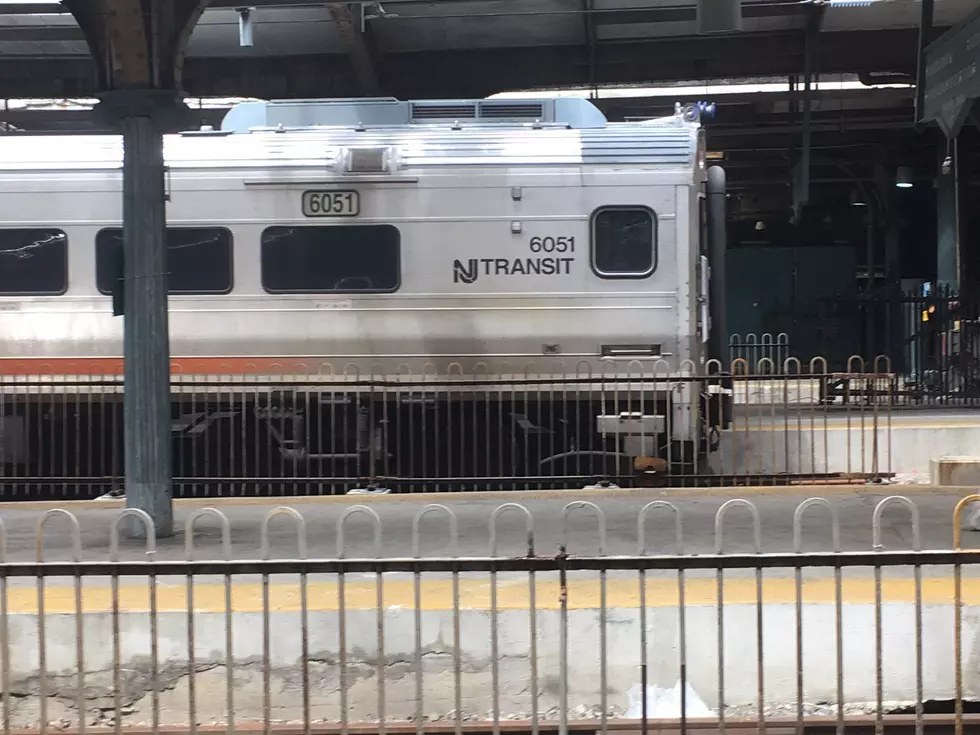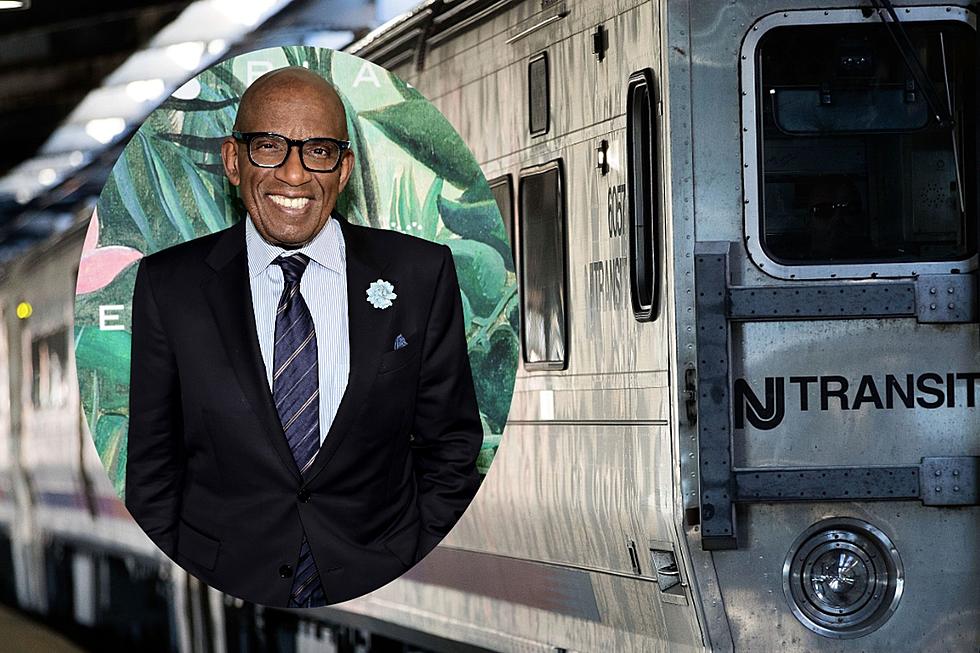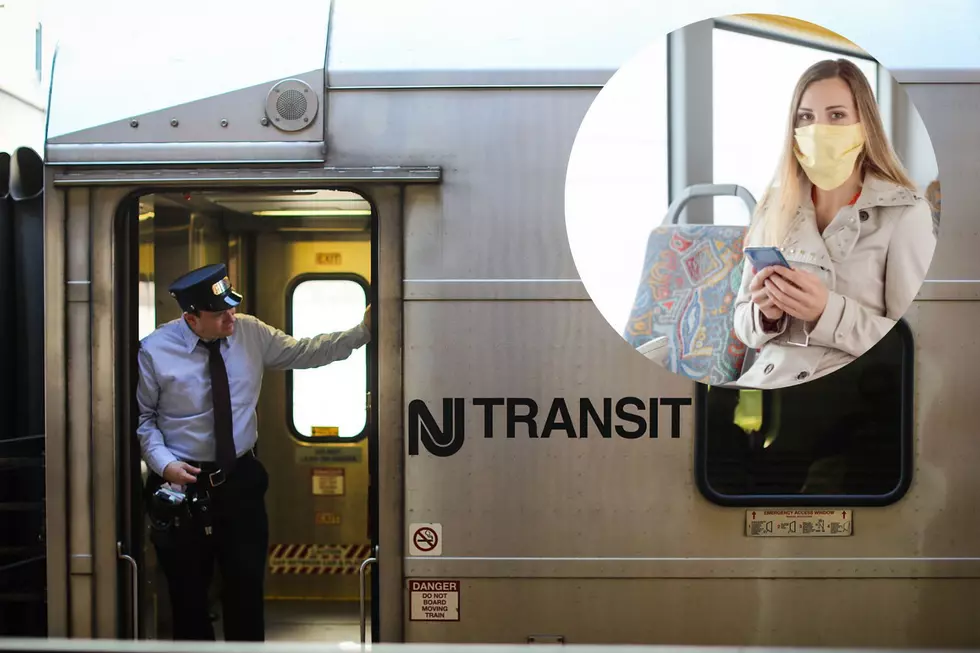
Transportation expert tells Senate: This is why NJ Transit’s so bad
A few days ago Gov. Phil Murphy said we're well on our way to the resurgence of NJ Transit, and “providing a mass-transit system our riders can be proud of."
But many bus and rail commuters continue to complain about delays and mechanical malfunction issues that are still plaguing the agency, a special state Senate select committee was told Thursday.
The committee is holding a series of hearings to get ideas about how to fix NJ Transit, in the short and long terms.
During a session at the Statehouse on Thursday, Janna Chernetz, the New Jersey policy director for the Tri-State Transportation Campaign, told members of the panel NJ Transit is in desperate need of predictable and sustainable funding.
“New Jersey Transit has a lack of dedicated operating funding, and nothing will get better if that is not fixed," she said.
Chernetz said almost half of NJ Transit’s operating budget comes from the fares people pay to ride buses and trains, but said other mass transit agencies collect between 28 and 31% from customers.
State subsidies allocated every year by the Legislature account for the rest of the money given to the Agency.
“This is concerning because New Jersey Transit cannot be guaranteed annually what their revenue is going to be,” she said. “The operating budget has become highly volatile and political.”
Chernetz said hundreds of millions of dollars are routinely transferred from the capital to the operating budget, which creates an unstable situation because long-term planning cannot take place.
“That means reduced quality of commute, more breakdowns, late trains and buses, trains and buses in poor condition, reduced service, vulnerable fares which are already among the highest in the nation," Chernetz said.
She stressed poor funding practices have a negative impact on “access to jobs, education opportunities, healthcare, and especially those in the under-served communities are hit the worst.”
“What does this mean to the state? Stifled economic growth, reduced property values, loss of talent, loss of business and increased debt.”
She said dedicated subsidies could be generated from a number of sources, including certain types of taxes, fees and assessments.
In addition she said, NJ Transit owns a lot of very valuable real estate and there are a number of “value capture” mechanisms the agency could use to raise money.
Chernetz said it’s important to diversify subsidies because “New Jersey Transit riders cannot bare this burden moving forward."
"They have bared this burden enough," she said. "They have service that is inadequate, there’s needed expansion projects and they should not have to pay another penny until their system is where it should be.”
She added because of funding woes, other significant NJ Transit problems include a talent drain and sagging employee morale.
She also said internal technology system upgrades are sorely needed, and more of an effort must be made to attract qualified board of directors members who have the expertise to help move the Agency forward, including people who actually use NJ Transit buses and trains.
“In order to fix the agency you need people who have intimate knowledge of what is wrong. You need to come at it from all sides, not just from the inside," Chernetz said.
You can contact reporter David Matthau at David.Matthau@townsquaremedia.com.
More from New Jersey 101.5:
More From New Jersey 101.5 FM









